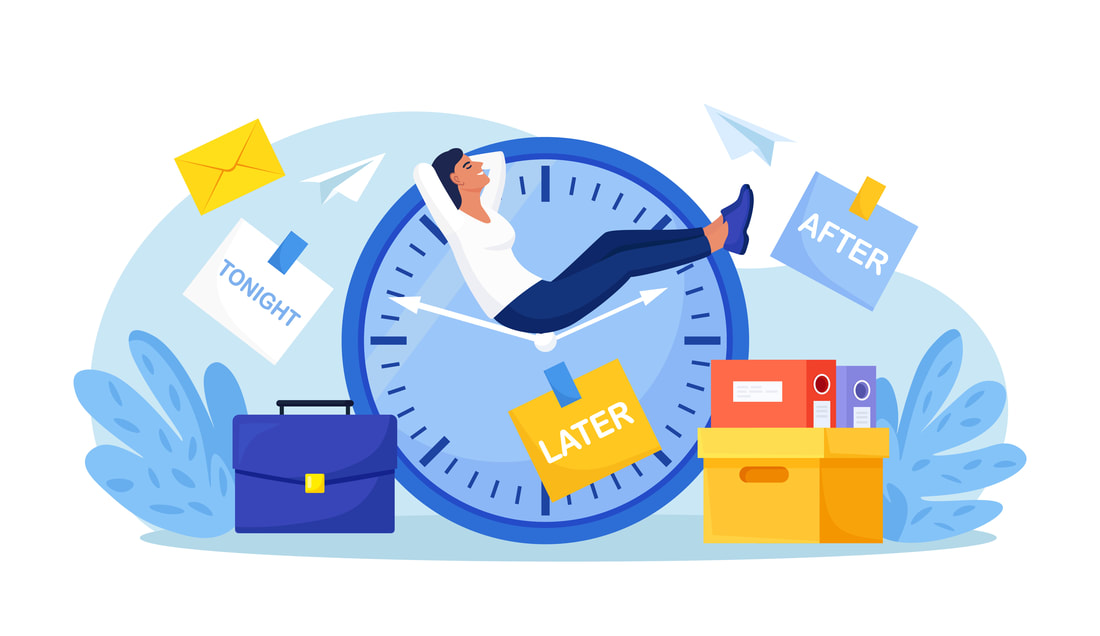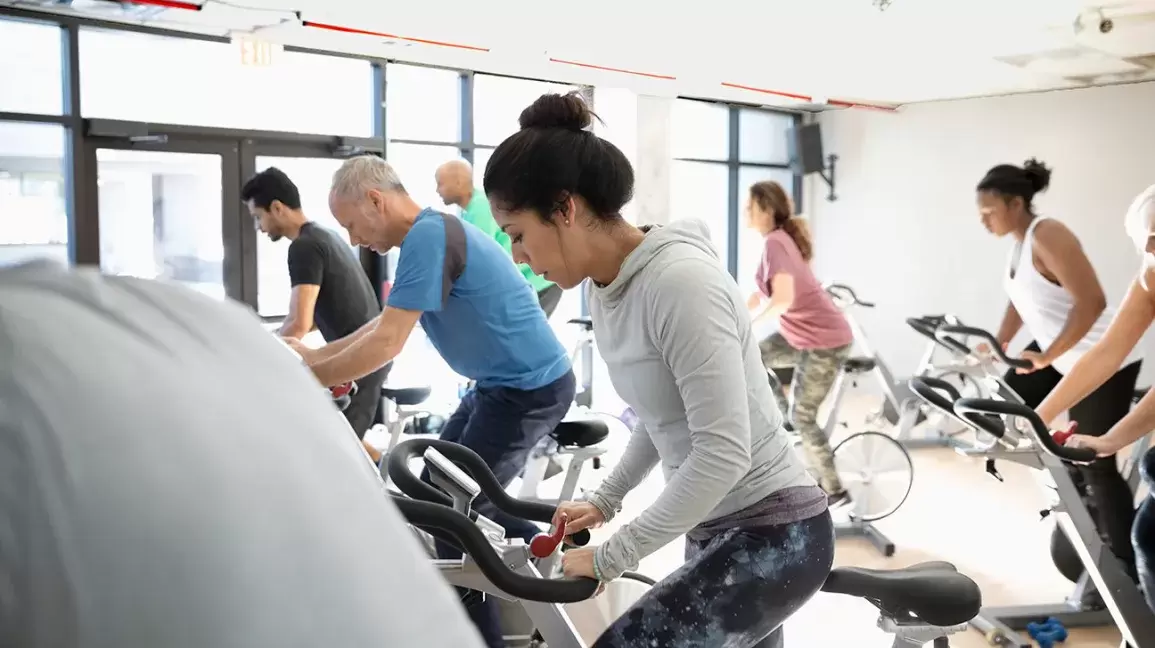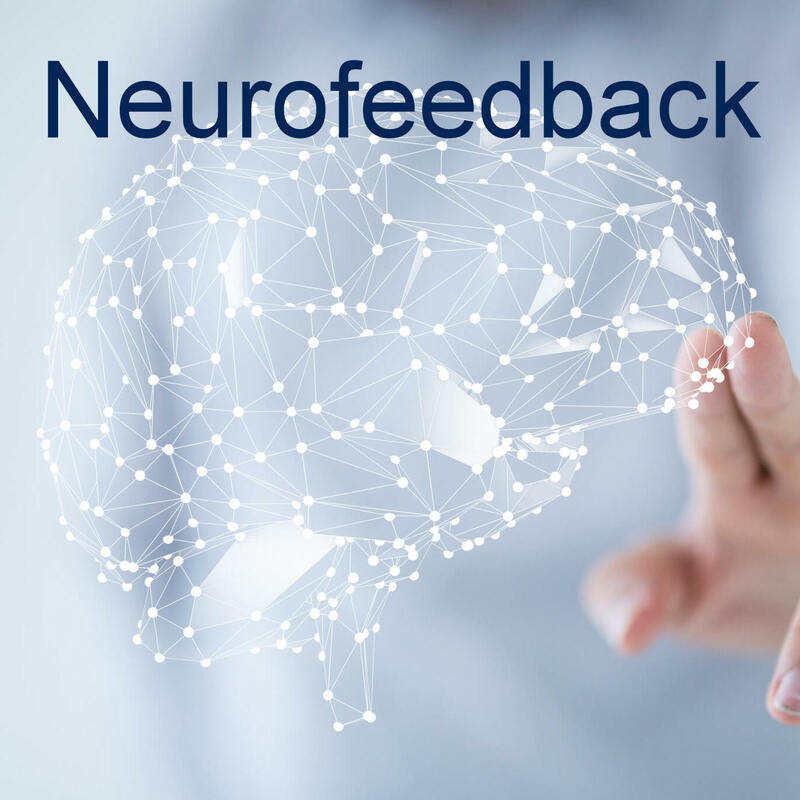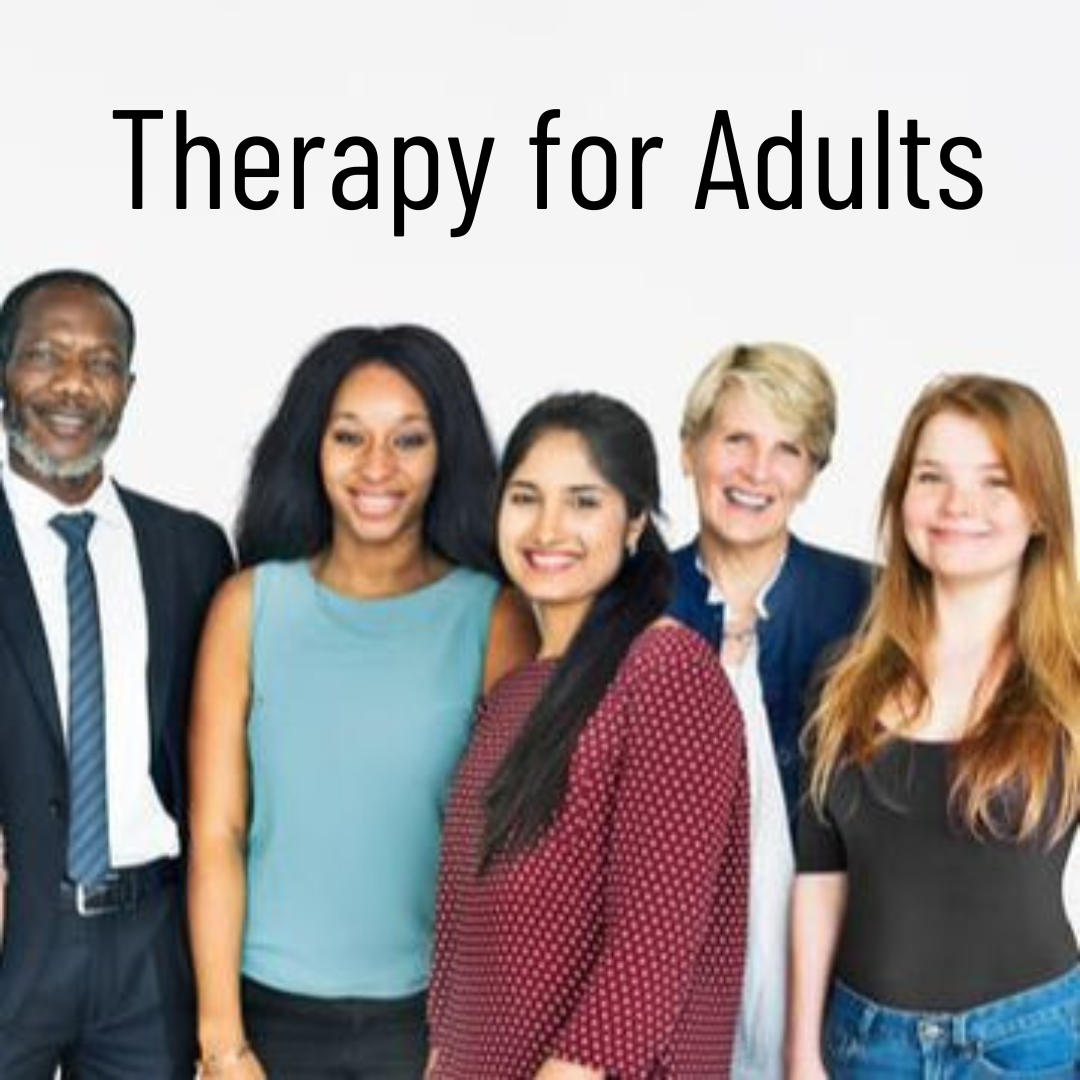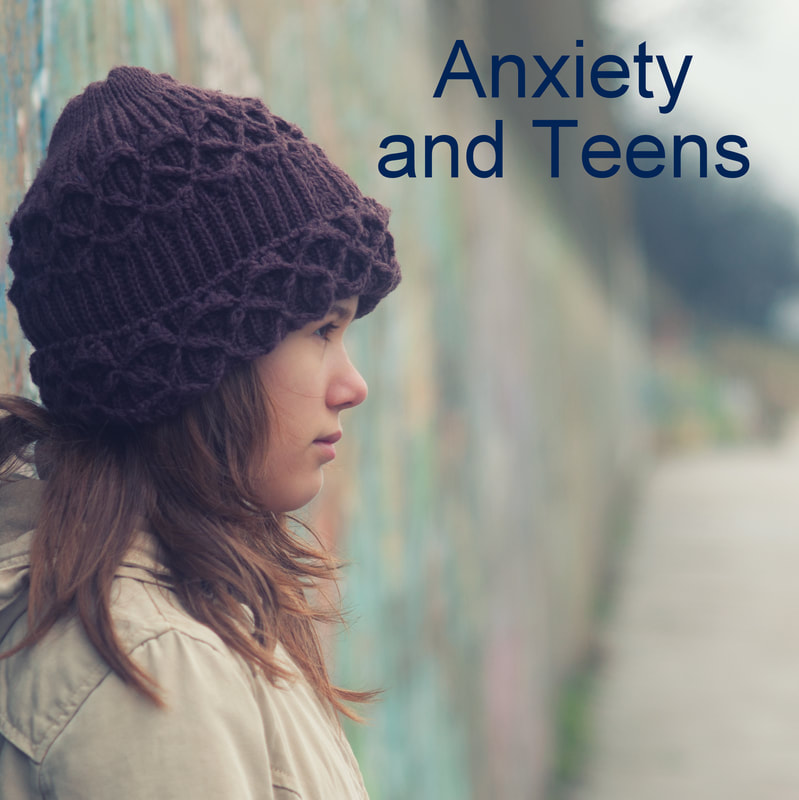|
by Marisa Columbi, MHC Intern If you find yourself asking this question, the answer more frequently than not is YES! The truth is everyone can benefit from therapy, but when is it time to seek professional help? Everyone experiences some kind of emotional distress or difficulty dealing with tough situations at some point in their life, and I can guarantee it won’t happen just once. Life throws obstacles at you at any age, whether it be work stress, problems with your relationships, loss, financial issues and so much more. In some cases, you can work through these difficulties without outside help, and at other times you may need a little support.
If you are experiencing one or more of the following criteria, you may want to consider reaching out to a therapist:
0 Comments
by Kayleigh Monahan, LMSW Summertime is always a time we look forward to, especially as New Yorkers. Gone are the gray days of winter and the cold and we welcome in the bright sun and warmth. The summer months are a great time to utilize the outdoors to help increase your coping skills and overall mental health.
The National Council for Mental Well-being lists a few ideas on their website, I’ve pulled a few of my favorites to help you start with some ideas! 1) Relax outside for a change While the appeal of the Air Conditioning and a comfortable seat inside can be great over the summer. As the sun begins to go down and the temperature outside cools you can take your book outside for a bit. The fresh air and change of scenery often help us to avoid getting stuck in a depressive mindset. by Jayoti Chabra, LMSW Procrastination is the action of delaying or postponing something.
This issue can be linked to depression, anxiety, low self-esteem, and poor study habits. Procrastination is connected to negative functioning and risks to mental health. People who procrastinate tend to have high levels of anxiety as well as poor impulse control. Procrastination is even linked to physical illness. Triggers for procrastinators:
by Melissa Marconi, LMSW Why do I keep hearing about “identifying core values”? You might have noticed a rise in discussion around “identifying values” in social media/self-help platforms lately. Several treatment modalities such as CBT and ACT emphasized clarifying values to guide decision-making, set goals, and build on clients’ strengths. I have found when I incorporate values exploration into my practice, my clients become more self-aware and self-compassionate. They are often better able to identify practical goals and improve challenges connected to family, work, relationships, spirituality, and other life domains.
by Melissa Laks, LMSW Why should we identify our emotions
Identifying our emotions and learning to manage them is one of the most important skills we can have. Feelings are powerful and can become overwhelming at times. With time and practice, we get better at knowing what we are feeling and why. This skill is called emotional awareness. Emotional awareness helps us know what we need and want (or don't want). For us to deal with uncomfortable emotions, it is helpful to know exactly what we’re feeling in the first place. For example, feeling a general sad is going to be experienced differently than if you are feeling lonely. So, comforting sadness would look different then comforting loneliness. by Melissa Marconi, LMSW What is Reassurance Seeking? We all have days in our lives when we need extra support. Our loved ones can lift us up when we need encouragement or provide feedback when we are working through a problem. Sometimes just the sound of someone’s voice can give us comfort. Social connection is invaluable and is linked to lowered depression and anxiety symptoms and improved overall health and well-being.
However, sometimes we start to rely on these loved ones (safety persons) and this can lead to problems. Though we may find short term relief, it actually increases our need for more reassurance. Not only will by Jayoti Chabra, LMSW Being overwhelmed can be triggered through many aspects of your life. Work, family, friends, school and other mental, physical or emotional factors play a role. These experiences individually may not amount to much, but the sum can be greater than the individual parts. If we don’t have the appropriate coping mechanisms, there can be an avalanche type of effect. In order to avoid this, there are many tips and tricks that can be used to help manage and cope with the stress in a healthy manner.
Some of these techniques include the following: With Links to Get Started by Melissa Marconi, LMSW Meditation is a great tool to add to your wellness routine as it can give you a sense of calm, peace, and balance. It can benefit both your emotional well-being and your physical health. Meditation can help you learn to stay centered and keep inner peace.
The real reason why social media might be making you feel bad by Victoria Pitz, LPMHC Cognitive dissonance is the feeling of discomfort one feels when your thoughts or feelings about ourselves do not align with our actions.
Social media tends to exacerbate this phenomenon at an overwhelming rate. It perpetuates the feelings of “should”. I should be having more fun, I should be doing what they’re doing, I shouldn’t be feeling the way that I feel…It can be difficult to recognize the direct damage social media does to your self-esteem because it has become so ingrained in our daily lives. So how might social media trigger cognitive dissonance? Perhaps you are not feeling your best lately. Things just don’t seem to be going your way; maybe you experienced something that shook you up. Life just feels awful and overwhelming right now.You scroll through social media when you're bored. Half the time you don’t even realize how long you’ve been scrolling for. But your brain is taking note: "Wow. So-and-so went to Paris; why can’t I do that?" "Look, this person got their dream job, but I’m still stuck in one that I hate." "How nice, this person goes out every weekend and has a blast, here I am, feeling like cr*p." by Janet Whyte, LCSW It is no secret that regular exercise has numerous health benefits. Aside from the more obvious physical benefits, there are many ways in which exercise is found to improve mental health. Exercise is proven to help decrease symptoms of anxiety, depression, improve the body’s ability to respond to stress, increase self-esteem, improve sleep, and improve memory. Recently, a study published in the Journal of Physiology found that six minutes of high-intensity cycling could delay the onset of neurodegenerative disorders, such as Alzheimer's and Parkinson's disease. Exercise releases endorphins, or “feel-good” brain chemicals that can enhance your sense of wellbeing and therefore reduce feelings of depression and anxiety. Exercise can help improve sleep, and this in turn has a positive impact on mood, attention, and memory. Additionally, mindfulness can be incorporated into your exercise routine as you pay closer attention to the feeling of your feet hitting the ground, the pace of your breathing, or the feeling of your muscles as they are working hard. When you are focused in on your body during a workout, this may help shift your focus away from any anxious thoughts.
|
Archives
October 2023
Categories
All
|



